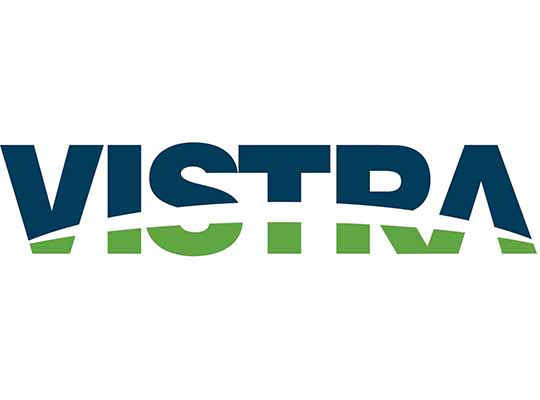WALL, N.J. – Student Transportation of America (STA) announced today the launch of its Electric Vehicle (EV) Pilot Program in Los Angeles, Calif., one of the first markets identified to receive electric school buses as part of the organization’s expansive effort to introduce battery-powered buses to city, suburban and rural communities across the nation in the coming year. In total, five electric buses have been added to its LA fleet, replacing a handful of diesel-engine school buses as the company works to lessen its impact on the environment.
“STA understands the desire to lower diesel emissions. Launching our Electric Vehicle Pilot Program is the first step in our commitment to making a more positive impact on the health of our passengers and our planet,” said Gene Kowalczewski, Chief Operating Officer, STA. “We’ve invested, explored grants and made the right partnerships to build a strong foundation for a successful EV rollout. We’re looking forward to seeing how well these buses perform in LA and will begin looking into other select markets in the very near future.”
In Los Angeles, Blue Bird was responsible for manufacturing the new buses, which feature a Cummins battery electric system. Southern California’s Beard Electric EV was tapped to help update the existing bus terminals—supported by the Los Angeles Department of Water and Power (LADWP)—the existing Infrastructure was modified to support the installation of the Level 2 Electrical Vehicle charging stations. The installation of the charging stations served as a mentoring project for LADWP’s Los Angeles Cleantech Incubator class. Cohorts, primarily from underserved communities, watched the construction of the EV infrastructure from start to finish via Zoom as Brett Beard (Beard Electric’s EV Infrastructure Operations Director) spoke to the intricacies of the installation of EV Charging Systems.
STA recently announced that Ronald Halley, Vice President of Fleet and Facilities, will lead the Electric Vehicle Pilot Program. Halley, a 45-year veteran of the transportation industry, will be responsible for designing and coordinating maintenance processes and new facilities for STA’s vehicles throughout the country. Halley also leads the company’s alternative fuel program, working closely with manufacturing and energy partners to expand the company’s Green Fleet of lower-emission vehicles.
Halley’s team plans to track battery life, monitor component life and collect other key data as the electric buses service the LA routes. With electric fleets planned for urban, suburban and rural areas, this information will give STA actionable intelligence into the performance of electric vehicles in distinct operating environments.
“What sets our electric program apart is its strategic rollout in varied neighborhoods, all of which have vastly different characteristics that could affect mileage, idling time and overall performance. What we learn in Los Angeles, we can apply toward the future markets and make better informed decisions on where to go next with the electric buses,” said Halley. “Our schools, districts and drivers are all eager to see how this program grows and we are just as optimistic.”
In Los Angeles, the buses are already serving several routes, primarily for private schools. Harvard-Westlake School being one of the first districts to have EVs implemented within their Mission School Transportation (MST) fleet, part of the STA family of companies.
“With almost two dozen daily routes, Harvard-Westlake School knows the tremendous benefit of buses as reliable, efficient and safe modes of student transportation. It brings us great pride to partner with MST/STA to begin implementing an electric fleet of buses, reducing maintenance demands, vehicular emissions and eliminating fossil fuel consumption,” said David Weil, Chief Financial Officer, Harvard-Westlake School. “This is an important step toward a more sustainable future for the City of Los Angeles and, particularly, the students who entrust HW and MST with their transportation needs.”
STA has plans to expand its electric bus initiative to additional markets including Trenton, NJ; Barre, VT and others. The new buses and related infrastructure for the larger rollout come at a total cost of $6.5 million, which will be funded by STA and a variety of grants, incentive projects and partnerships.
STA has been at the forefront of the industry in the use of electric, propane, compressed natural gas and biofuels. In 2012, the company purchased 400 propane-powered vehicles—the largest all-propane school bus fleet in the United States—to serve public schools in Omaha, Neb. It was also the first to introduce propane and alternate-fuel vehicles to communities in St. Paul, Minn.; Grand Junction, Colo.; Canby, Lake Oswego and Tigard, Ore. and others.
To date, STA has replaced more than 2,700 diesel-engine school buses with alternative-fuel vehicles. The company has received a Green Fleet Magazine Sustainability All-Star Award for its leadership in the space.













